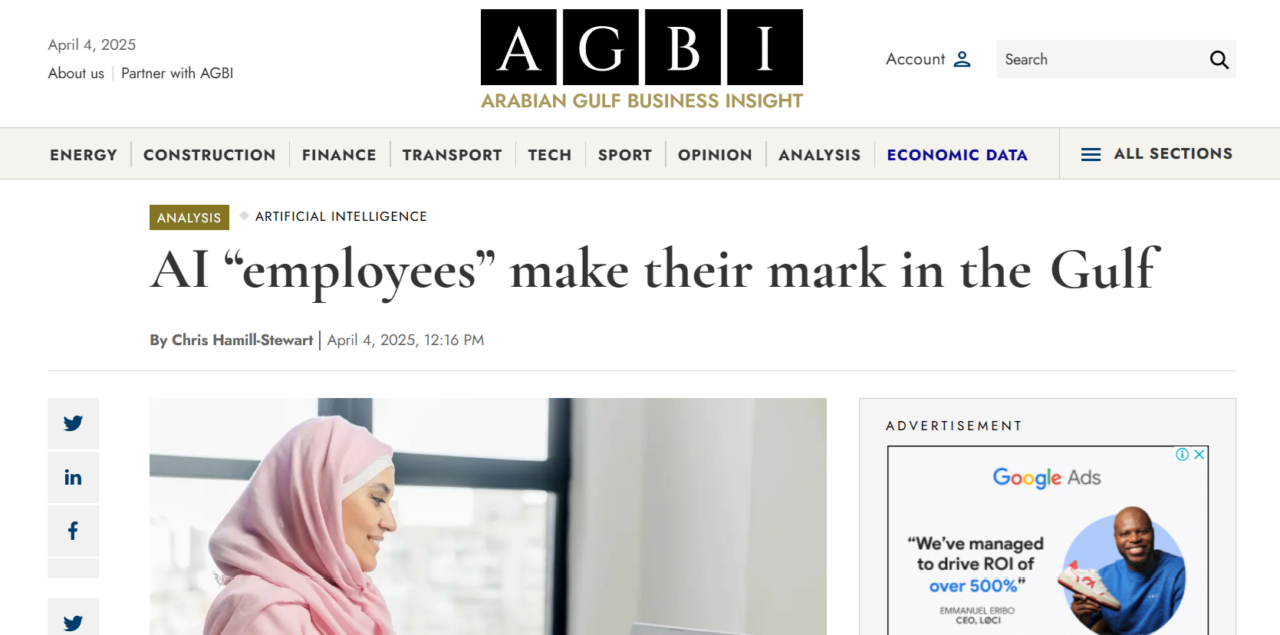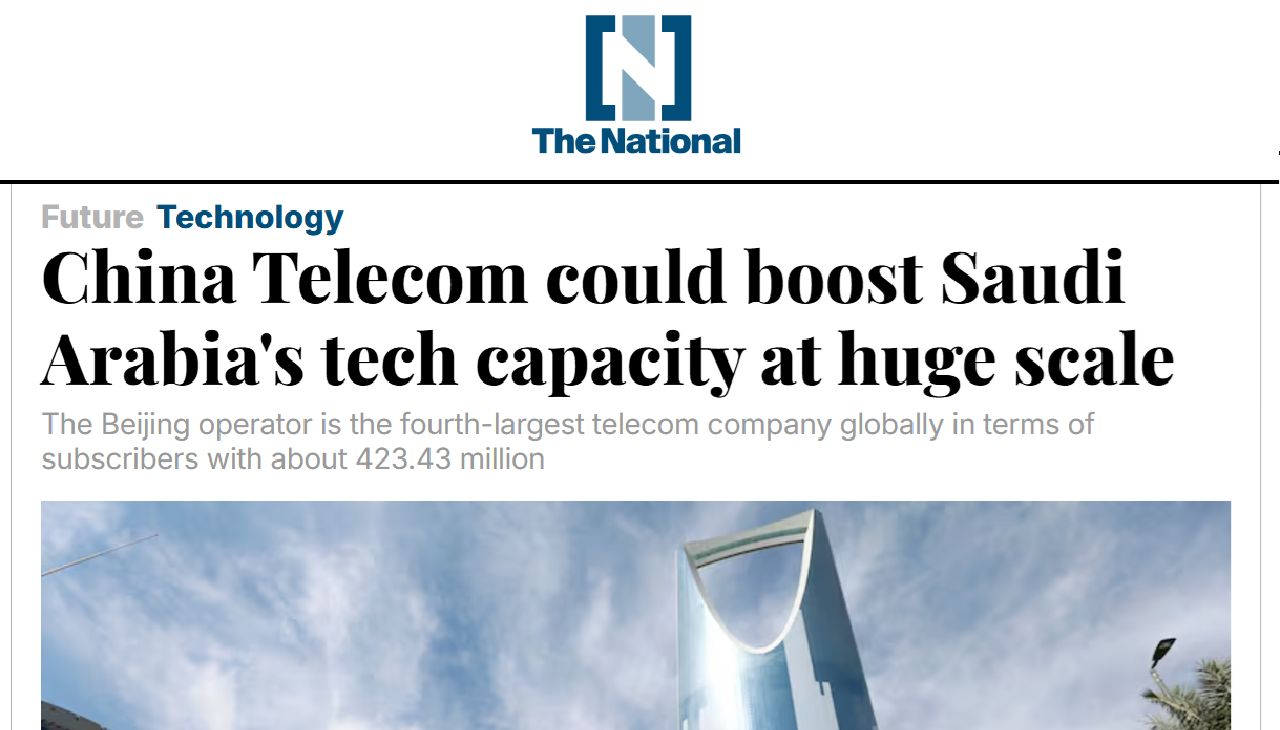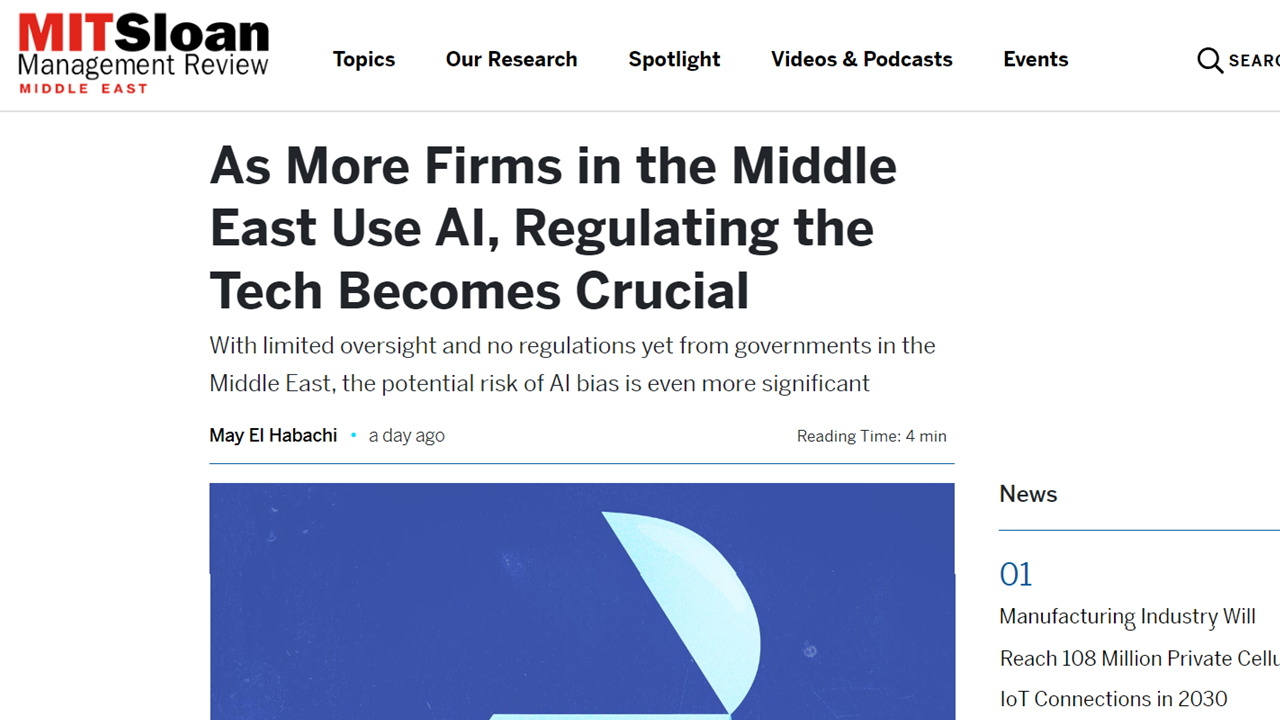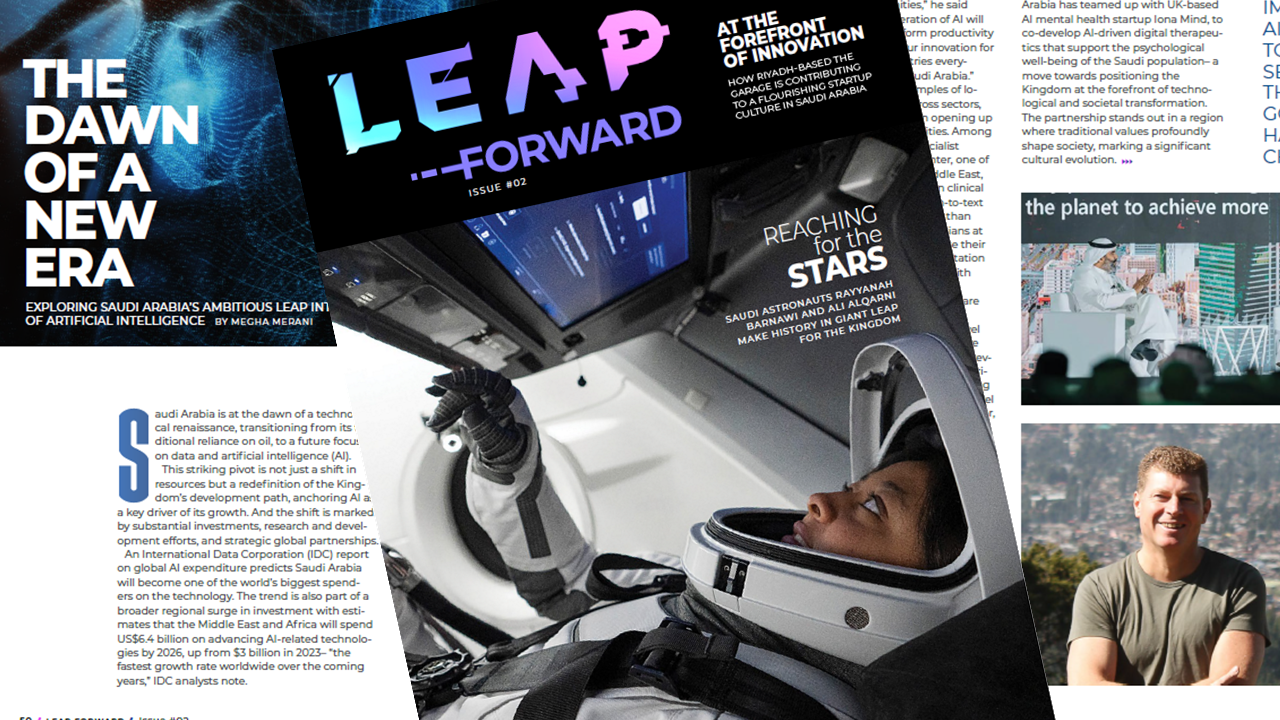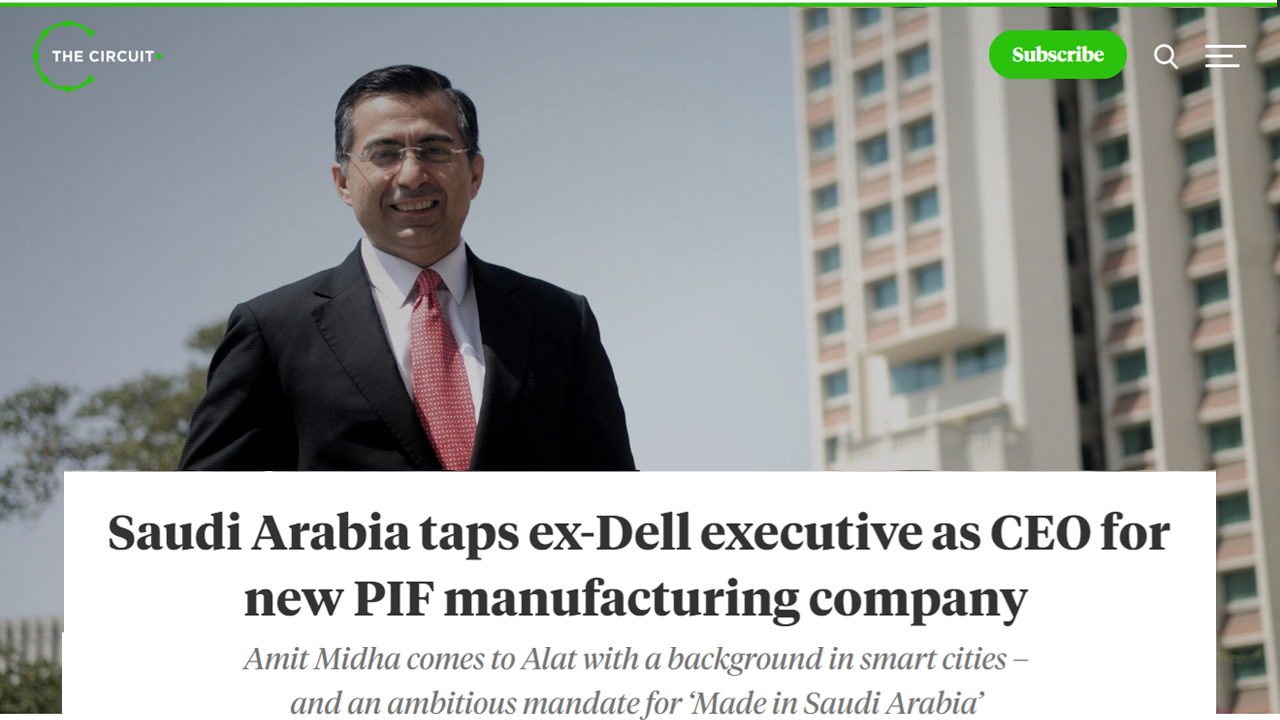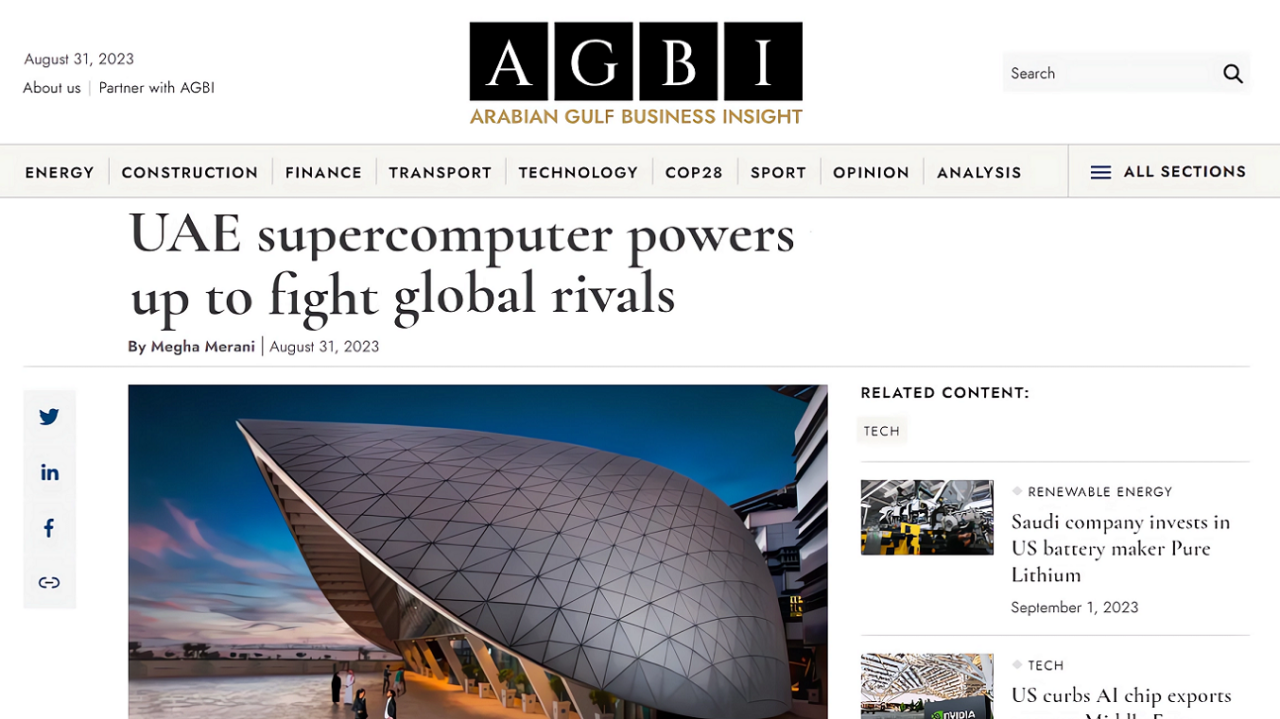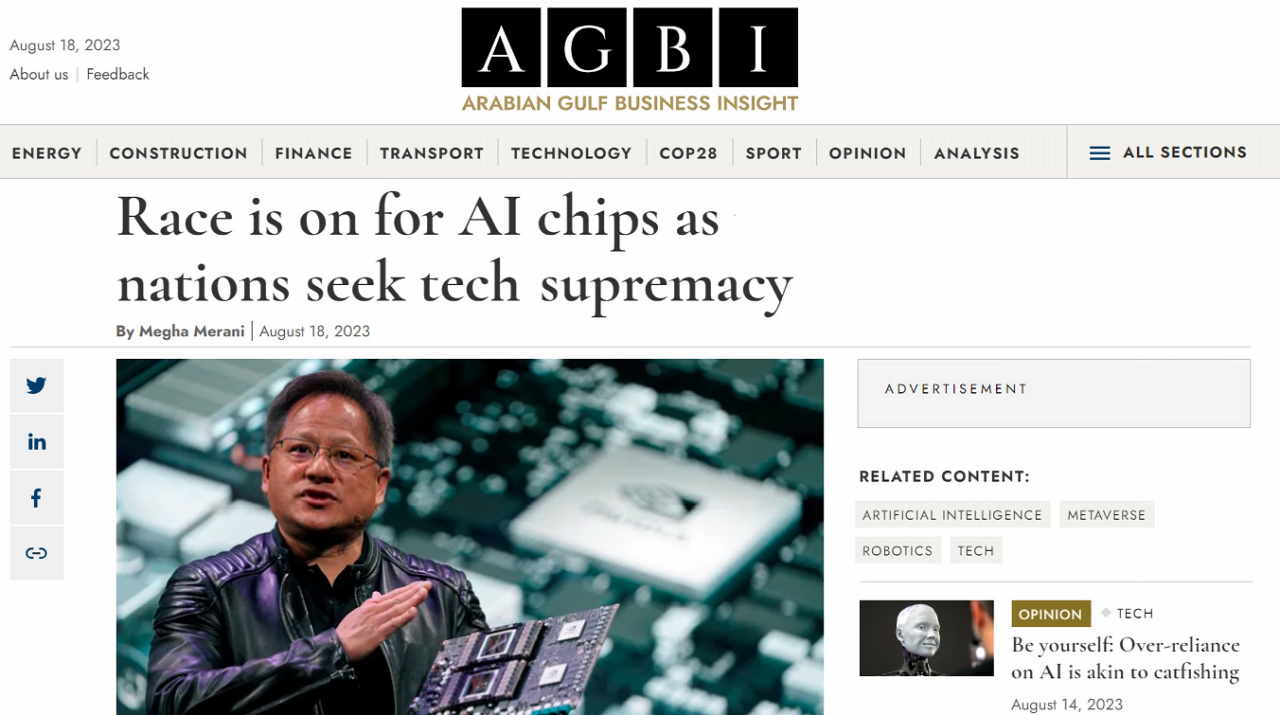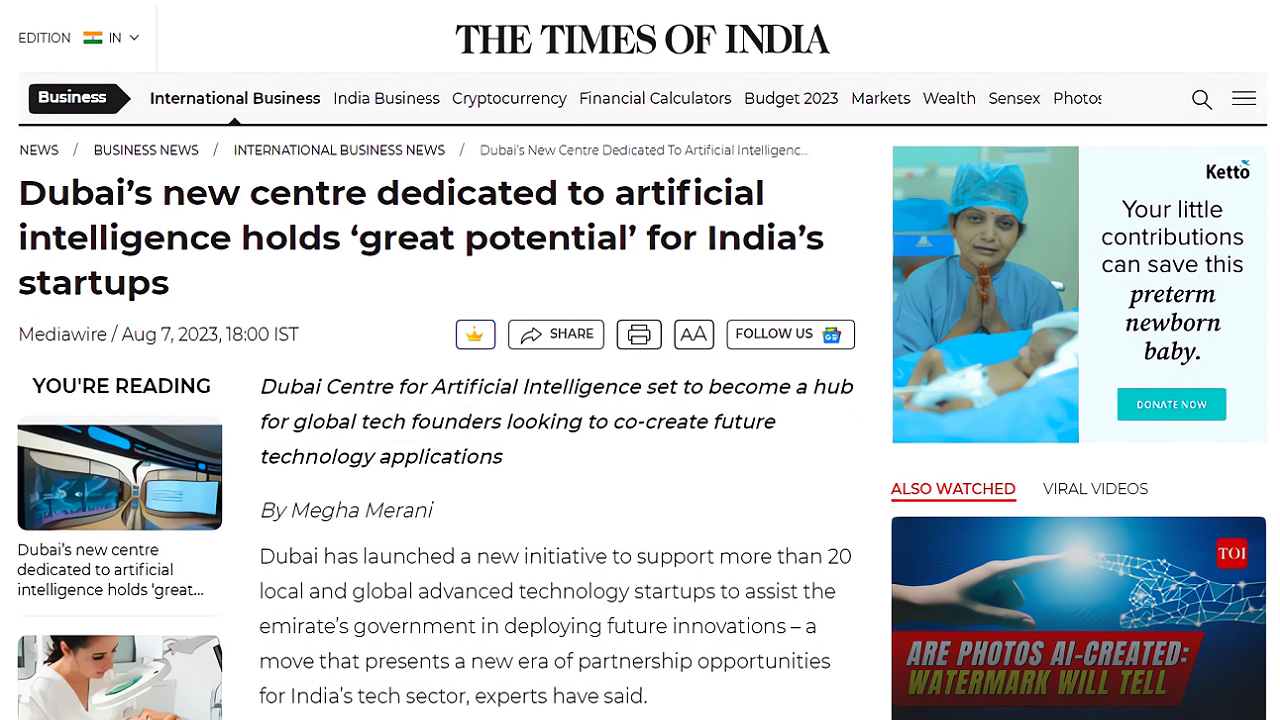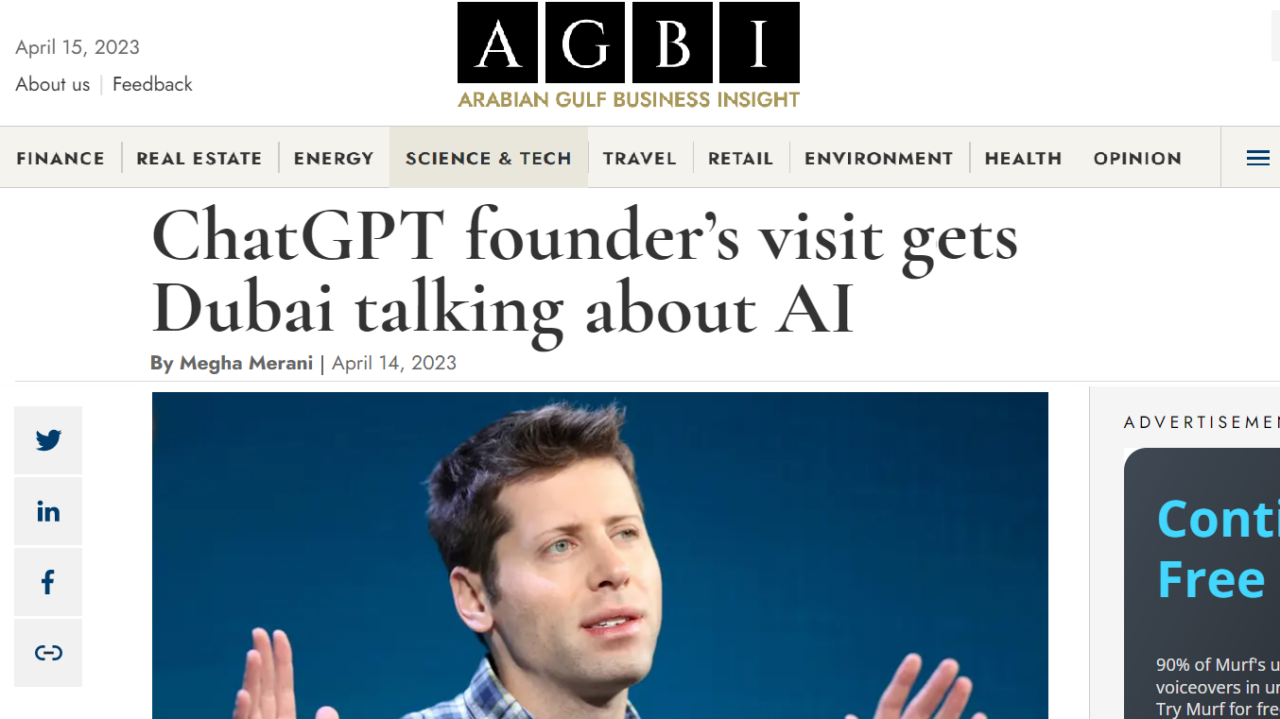There are a growing number of companies marketing so-called AI employees, some promising customers the opportunity to reduce their headcount as a result. Are such claims to be believed?
In my view the term ‘AI employees’ is pure marketing. but today’s corporate AI agents do offer a glimpse of the huge potential impact of combining conversational AI with agentic platforms.
Arabian Gulf Business Insight (AGBI) asked me to comment on the apparent wave of AI employees, how much of the current marketing of AI employees is hype and where the AI employee concept is taking us.
The arrival of the first early versions of ‘AI employees’ is just the first step on a new journey of innovation that will change the way we automate work. We’ve been used to automating work by using software platforms, which often requires a deep knowledge of the software and complex configuration by a domain-specific expert. AI employees are being developed to allow us to use a conversational interface to perform complex tasks.
When you impose a new technology solution on human customers or employees, the outcomes aren’t always easy to predict.
However, when you impose a new technology solution on human customers or employees, the outcomes aren’t always easy to predict. Every company wants to automate more and become more efficient, but no one wants to
implement a new system that will deter buyers or lose customers. And that’s the equation that every business will need to solve for themselves: cost savings and new business opportunities, versus lost business and lost opportunities. The rate of adoption of these new concept AI employees will depend largely on human factors.
You can read UAE-based journalist Chris Hamill-Stewart‘s full story in AGBI here.


